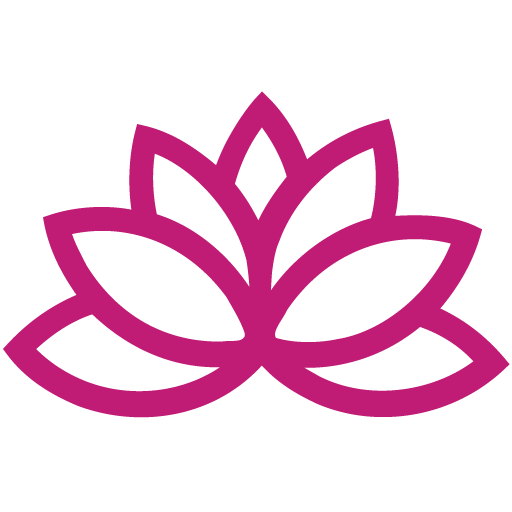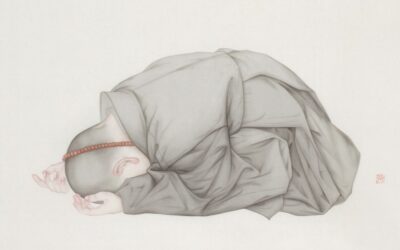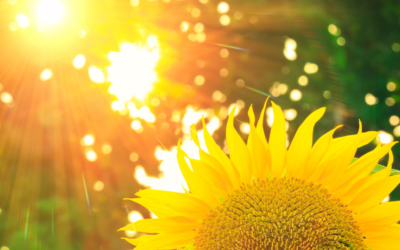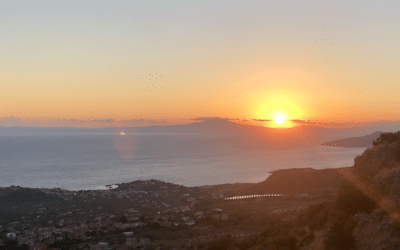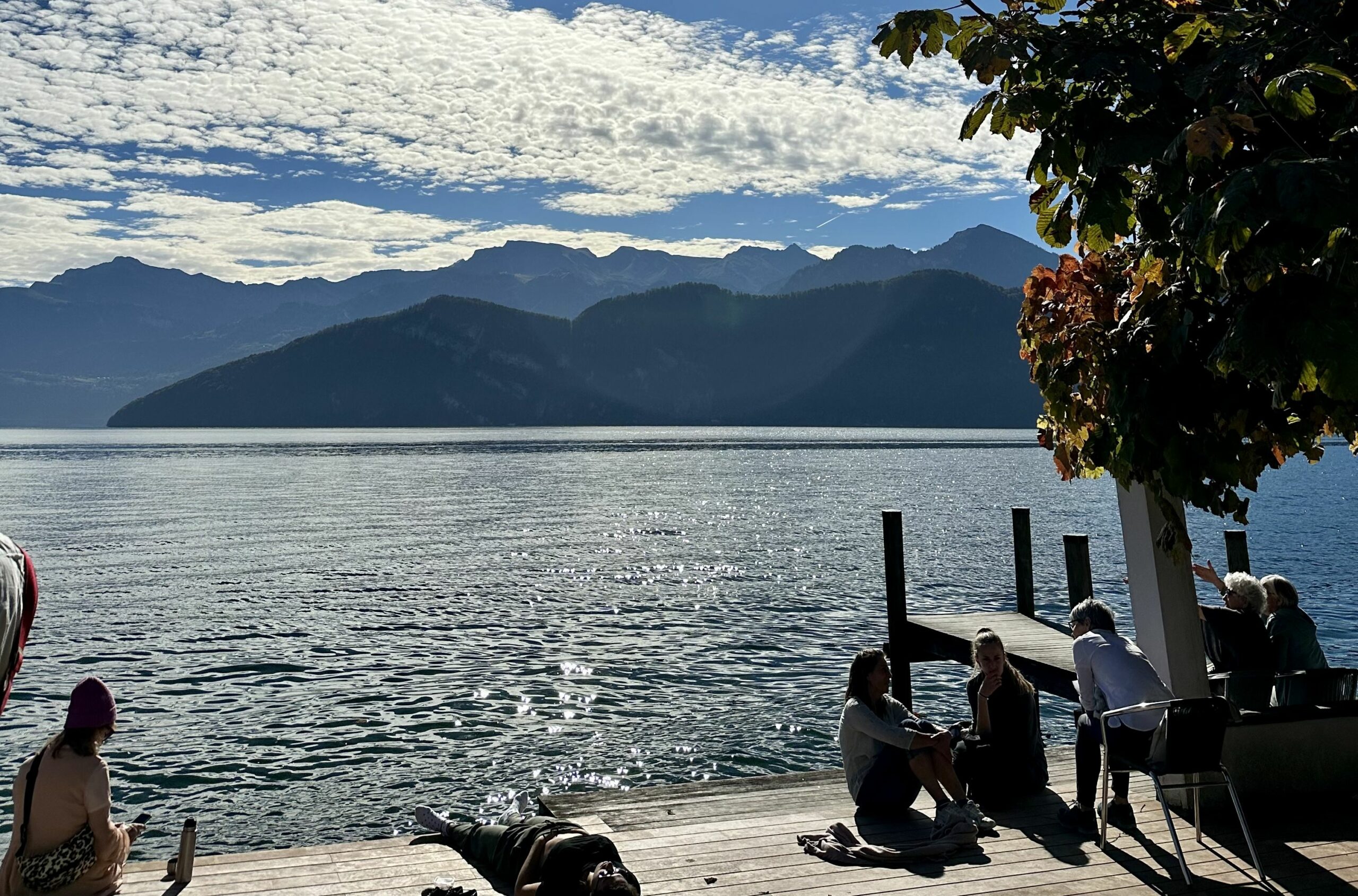When I was a child, the world seemed an uncertain place. I often wondered how most other people around me managed to block out the omnipresent presence of impermanence. Certainly, this is also related to a particular extent to my personal losses, with which I have struggled for a not inconsiderable part of my life. These experiences appear to me today, as I walk the path of Dharma, in a different light and also the constant change, the impermanence in everything that surrounds us in this Saha world, frighten me less. How this has changed my life, I would like to explain a little with this post.
“This cant really be all there is“
It is not difficult to see that topics such as death, dying, illness and impermanence do not have a particularly large lobby in our Western-, capitalist-dominated world. This becomes clear in countless examples – that we hide our dead largely shielded from everyday life, palliative and hospice care and the entire health sector are massively underfunded and we generally live as if our existence would last forever. We consume, we buy, we work, we sleep, we plan, we ponder, we want to have something, we don’t want to have something, and yet most of the time all of that feels relatively unsatisfying. At least that’s how I felt, there was always this latent dissatisfaction, like a background noise, that told: “This can’t and shouldn’t be everything”.
“The four noble truths”
Especially in view of finiteness, this cycle of wanting to have and not wanting to have seemed to me to be insufficient and often also bleak. All the more impressive was my first encounter with the “Four Noble Truths”, which are considered to be one of the most important foundations of Buddhist teachings. In it, Sogamoni* Buddha (the first noble truth) states that life is “dukkha,” which can be translated as suffering, or being unsatisfied. The causes of this suffering (the second noble truth) are many, I would like to deal here with impermanence, which is one of the causes of suffering that Sogamoni* Buddha recognized, because nothing that surrounds us persists.
For me, on the one hand, there is a beneficial recognition of my own suffering in this statement – on the other hand, it connects me with my surroundings, because all sentient beings know this distress. At the same time, the Buddha’s insights do not stop at the statement that life is suffering and that there are causes for this suffering, but rather – and this is like a reality reversal – there is an unchanging, enduring truth that exists always – and
*Korean Spelling for Shakyamuni Buddha
beyond the impermanence of all sentient beings. To attain this truth, which is enlightenment, there is a method (the third and fourth noble truths) – Buddhist practice, which is also taught in our Yun Hwa Sangha by our Dharma Master Ji Kwang Dae Poep Sa Nim in direct lineage after Sogamoni* Buddha.
Buddha – the Absolute/the Truth
Undoubtedly, I have not yet attained this truth and yet the realization that it exists has an enormous penetrating power on my life, my suffering and my fears. Of course, I too still feel sad that there are always losses in my life to mourn, struggle and feel a “world-weariness” from time to time. At the same time, today I trust that these feelings are due to my reality construction as a sentient being, that a truth exists, which I have not yet attained, but in whose existence I trust.
Also my everyday life catches me again and again, seems unsatisfactory and dreary – the delicious food that I eat is of short duration, the beautiful weather passes, the body makes various problems and restricts me thereby, these things are impermanent, cannot be held, conserved. Then I practice and realize again that the search for happiness lies beyond these evaluations and sensory impressions, that I cannot change the physical laws – but nevertheless I can cultivate my mind insofar as my way of looking at things changes, I become more conscious and clear. I am sure that we humans have an inkling that our human existence has more to offer than what apparently surrounds us and what we often struggle with.
For me, finding the Buddhist path imparted through our great Dharma Master Ji Kwang Dae Poep Sa NIm has been life changing. It is the confirmation of the hunch that “this can’t be all there is” and I would like to encourage all those who feel such a hunch in themselves to follow it.

